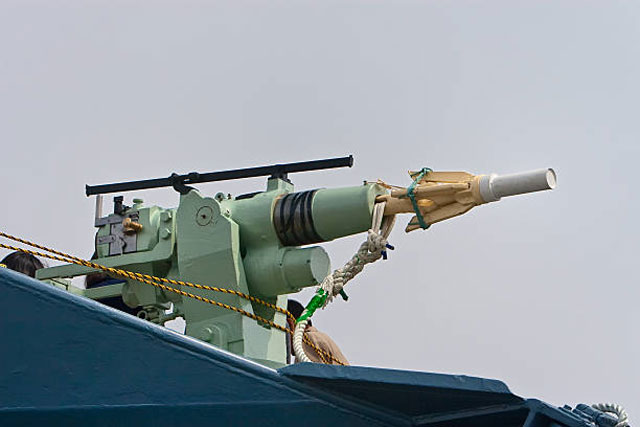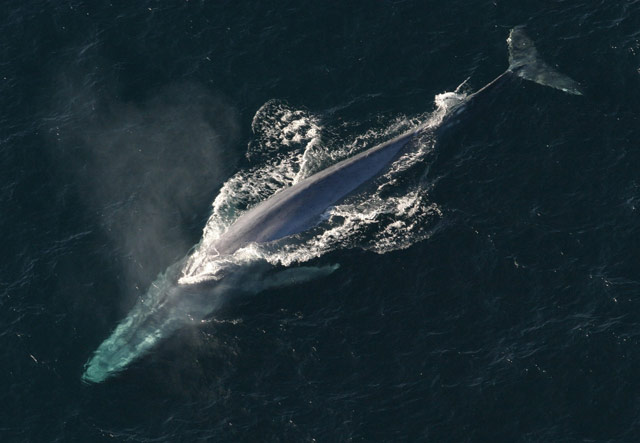I’ve always been fascinated by whales—their size, grace, and mystery. Living with Multiple Sclerosis has given me a new perspective on life and the delicate balance of our world. My passion for whale watching in Montauk has also made me aware of the challenges that exist for whale conservation efforts. Let’s dive into what’s being done to save these incredible creatures.
Why Conservation Efforts Matter
Whales play a huge role in the ocean ecosystem. They help regulate marine life by keeping the food chain balanced. Did you know whale waste supports the growth of phytoplankton? These tiny plants produce over half of the oxygen we breathe! Protecting whales isn’t just about saving them—it’s about helping our entire planet.
Threats to Whales

Whales face a long list of challenges, many of which are caused by human activities. These magnificent creatures have thrived for millions of years, but today, they are struggling to survive against modern-day threats.
1. Climate Change
Climate change is one of the biggest threats to whales. As ocean temperatures rise, their feeding and breeding grounds are disrupted. For example, krill—the tiny shrimp-like creatures whales depend on for food—are disappearing in some areas because of warmer waters and melting sea ice. Without enough food, whales struggle to survive and reproduce.
2. Ship Strikes
Whales often share the same waters as busy shipping lanes, and collisions with large ships are a major cause of injury and death. Since whales surface to breathe, they can’t always avoid fast-moving ships. Some areas, like the waters near Montauk, are working to reroute shipping traffic or slow down ships to reduce the chances of strikes.
3. Entanglement in Fishing Gear
Commercial fishing gear, like nets and ropes, is another serious danger. Whales can accidentally swim into fishing lines and become entangled. This can lead to injuries, exhaustion, or even drowning because the whales can’t swim freely or surface to breathe. Rescue programs have been created to help untangle whales, but prevention remains the best solution.
4. Ocean Pollution
Pollution is an ever-growing threat. Plastics, chemicals, and oil spills harm not only whales but also the smaller marine life they depend on for food. Microplastics, in particular, are a huge problem because whales ingest them while feeding. Over time, these tiny plastics can affect their health, causing stress and illness.
5. Noise Pollution
One major issue that’s often overlooked is noise pollution. Whales rely on sound to communicate, navigate, and find food. Their songs can travel for miles through the water, but human activity—like shipping, oil drilling, and military sonar—can drown out their calls. For whales, losing the ability to hear and “speak” to each other can be life-threatening.
Fun Fact!
Some whale species, like blue whales, have calls so loud that they can be heard over 1,000 miles away. However, with noise pollution increasing, their calls are often muffled, making it harder to find mates or stay together in pods.
What’s Being Done to Help?
To protect whales, scientists and conservation groups are working hard to reduce these threats. Innovations like quieter ship engines, biodegradable fishing nets, and ocean cleanup projects are helping to make the seas safer for whales. On a larger scale, organizations worldwide are stepping up to protect whales by creating…
- Marine Mammal Protection Laws: Many countries have enacted laws to protect whales, such as the Marine Mammal Protection Act in the U.S.
- Whale Rescue Programs: Teams of trained professionals rescue whales entangled in fishing gear or stranded on shores.
- Whale Watching Guidelines: Responsible whale watching ensures boats don’t disturb these creatures.
- Ocean Cleanup Initiatives: Groups like The Ocean Cleanup are removing plastics that harm marine life.
Pro Tip!
When booking a whale-watching tour, choose operators that follow eco-friendly guidelines. It’s a small step that makes a big difference for the whales!
How We Can Help
Everyone can contribute to whale conservation, even from home. Here are some simple ways:
- Reduce Plastic Use: Switch to reusable bags, bottles, and straws to keep plastics out of the ocean.
- Support Conservation Groups: Donate or volunteer with organizations that work to protect marine life.
- Spread Awareness: Share information about whale conservation to inspire others to take action.
Fun Fact!
Plastic waste in the ocean has been found in the stomachs of whales. One sperm whale had 48 pounds of plastic in its belly!
Innovative Efforts to Save Whales
Technology is playing a big role in conservation. Scientists are using drones to track whales’ movements and monitor their health. Acoustic devices are being deployed to record whale songs and identify areas of high noise pollution.
Pro Tip!
Educate yourself on products labeled “whale-safe.” These items, like certain seafood or cosmetics, are produced without harming whales or their habitat.
Montauk’s Role in Whale Conservation
Montauk isn’t just a great place for whale watching—it’s a critical part of the larger picture when it comes to whale conservation. As a key stopover in the migratory journeys of whales, Montauk’s nutrient-rich waters play a vital role in their survival. The mixing of the Atlantic Ocean and Long Island Sound creates an environment teeming with krill, plankton, and small fish—essential food sources for humpbacks, finbacks, and minke whales. Without access to these feeding grounds, whales might not have the energy to complete their long migrations.
But Montauk’s role in conservation goes beyond its waters. The town’s dedication to eco-tourism and sustainable practices has turned it into a model for how communities can coexist with marine life. By choosing whale-watching tours that follow responsible guidelines—such as keeping a safe distance from whales and avoiding disruptive noises—you’re helping to protect these incredible creatures. Many local tour operators also donate a portion of their proceeds to organizations working to study and safeguard whales.
Eco-Tourism and Its Impact
When you visit Montauk for whale watching, you’re doing more than just enjoying a breathtaking experience. Eco-tourism in Montauk provides funding for marine conservation efforts and raises awareness about the importance of protecting marine ecosystems. Every ticket sold for a whale-watching tour supports jobs that rely on a healthy ocean, creating an incentive for local businesses to prioritize sustainability
Fun Fact!
Montauk’s fishermen were among the first to embrace “whale-safe” fishing practices in the region. By using special gear designed to minimize the risk of entanglement, they’ve helped make Montauk’s waters safer for passing whales.
Conclusion
Protecting whales is a shared responsibility. Every small action, from choosing eco-friendly tours to reducing plastic use, can make a big difference. Watching these gentle giants thrive in Montauk’s waters inspires me every day, and I hope it inspires you too. Together, we can ensure that future generations will have the chance to marvel at these incredible animals.

